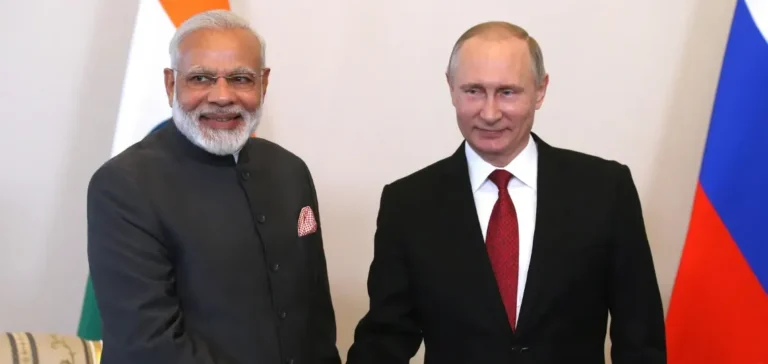India has firmly rejected accusations of irregularities in its purchases of Russian oil, responding to criticism from several Western countries over its energy ties with Moscow. Minister of Petroleum and Natural Gas Hardeep Singh Puri stressed that all oil transactions are conducted through “audited channels, insured carriers and compliant traders.”
According to him, no international rules have been violated and the measures taken by the Indian government have helped stabilise global markets. “Critics claiming India acts as a laundromat for Russian oil are unfounded. The world has no immediate alternative to a producer that supplies nearly 10% of global oil,” he said in an article published in The Hindu.
Maintaining supplies and refining margins
The minister recalled that Russian oil, unlike that of Venezuela or Iran, has never been subject to a full embargo but only to price caps imposed by G7 and European Union countries. He clarified that India fully complies with these restrictions, while ensuring continuity in global supply.
For decades, India has been among the world’s leading exporters of petroleum products. Its refineries, which import crude from more than 30 countries, continue to operate at full capacity. Puri also noted that export volumes and refining margins have remained broadly stable, even after the European ban on Russian crude, part of which is now processed in India and then re-exported to Europe.
Growing regulatory pressure from the West
In July, the European Union adopted an 18th package of sanctions against Russia, including measures targeting Russian banks and Rosneft refineries operating in India. The price cap on Russian crude was lowered to $47.60 per barrel. In August, the United States imposed a 25% surcharge on certain Indian petroleum products linked to Russian imports.
Indian authorities rejected these measures, calling the criticism of their energy relations with Russia unjustified. The Ministry of External Affairs recalled that several Western countries had themselves promoted such trade in the past and continued to deal with Russia in other sectors.
Protecting the domestic market
Faced with the global price surge following the outbreak of the conflict in Ukraine, India strengthened its domestic mechanisms. State-owned energy companies absorbed part of the losses, taxes were reduced and refiners were required to allocate 50% of their petrol and 30% of their diesel to the domestic market before any exports.
These measures prevented supply shortages and contained consumer prices for Indian households. Puri stressed that these actions protected the Indian economy while adhering to international frameworks. “India avoided a $200 per barrel oil shock,” he said.






















